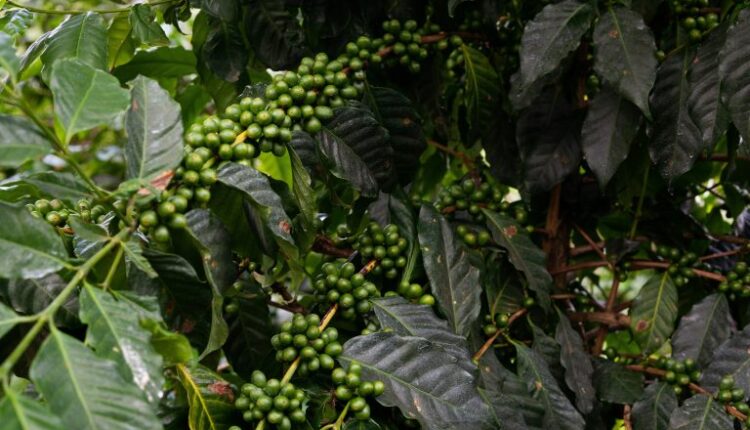Regenerative Agriculture May Be Coffee's Best Bet In A Climate Changed Future – CoffeeTalk
The potential impacts of climate change on coffee production are significant, with predictions that by mid-century, up to half of the land currently suitable for coffee cultivation may become unviable due to rising temperatures and increasing weather variability. Agriculture already consumes about 70% of the world’s freshwater and occupies approximately half of the habitable land, underscoring its critical role in climate discussions.
Andrea Illy, chairman of illycaffè, believes that rather than relying on advanced technologies, making strategic agronomic choices represents the most immediate and scalable solution. He emphasizes a concept he calls “Virtuous Agriculture,” which revolves around regenerative practices aimed at enhancing soil health and promoting biodiversity. This holistic approach leads to improved resilience and coffee quality. Illy’s awareness of the looming challenges in coffee cultivation was cemented in 2015, prompting illycaffè to engage in initiatives to adapt agricultural practices across the sector.
The company has focused on education and knowledge dissemination among coffee growers through its greenfield pilot farms and the University of Coffee program. Over the past seven years, a significant portion of their partnered growers have successfully adopted agronomic practices that promote sustainability. Notably, illycaffè became the first coffee company to receive certification under the regenagri® scheme, with a focus on sourcing from regenerative farms.
Illy also stresses the ecological importance of biodiversity, both below and above ground, which can lead to improved soil quality, lower irrigation needs, and pest resilience. He underlines that regenerative systems can reverse agriculture’s negative environmental impacts, thereby contributing to planetary resilience.
Skeptics often frame sustainability as a trade-off, but Illy argues that true sustainability can enhance long-term profitability and business value. His insights suggest that sustainability efforts should be genuine rather than merely compliance-driven or superficial.
Moreover, he points out that coffee’s consumption has been associated with various health benefits, and there is potential for regeneratively grown beans to contribute even more positively to these effects.
Illy advocates for a pragmatic approach to adopting regenerative practices, suggesting that growers can gradually implement changes rather than conforming to rigid standards. He acknowledges potential pushback from consumers regarding sustainability efforts and emphasizes the necessity of aligning agricultural practices with financial incentives.
Ultimately, Illy encourages leaders in the coffee industry to explore regenerative agriculture, noting tangible benefits such as increased productivity, improved biodiversity, and enhanced flavor profiles. He emphasizes the importance of measuring outcomes in terms of soil health, product quality, and financial performance to achieve both climate adaptation and mitigation. This dual approach highlights the sizeable potential for synergy in sustainable agricultural practices.
Read More @ Forbes
Source: Coffee Talk



